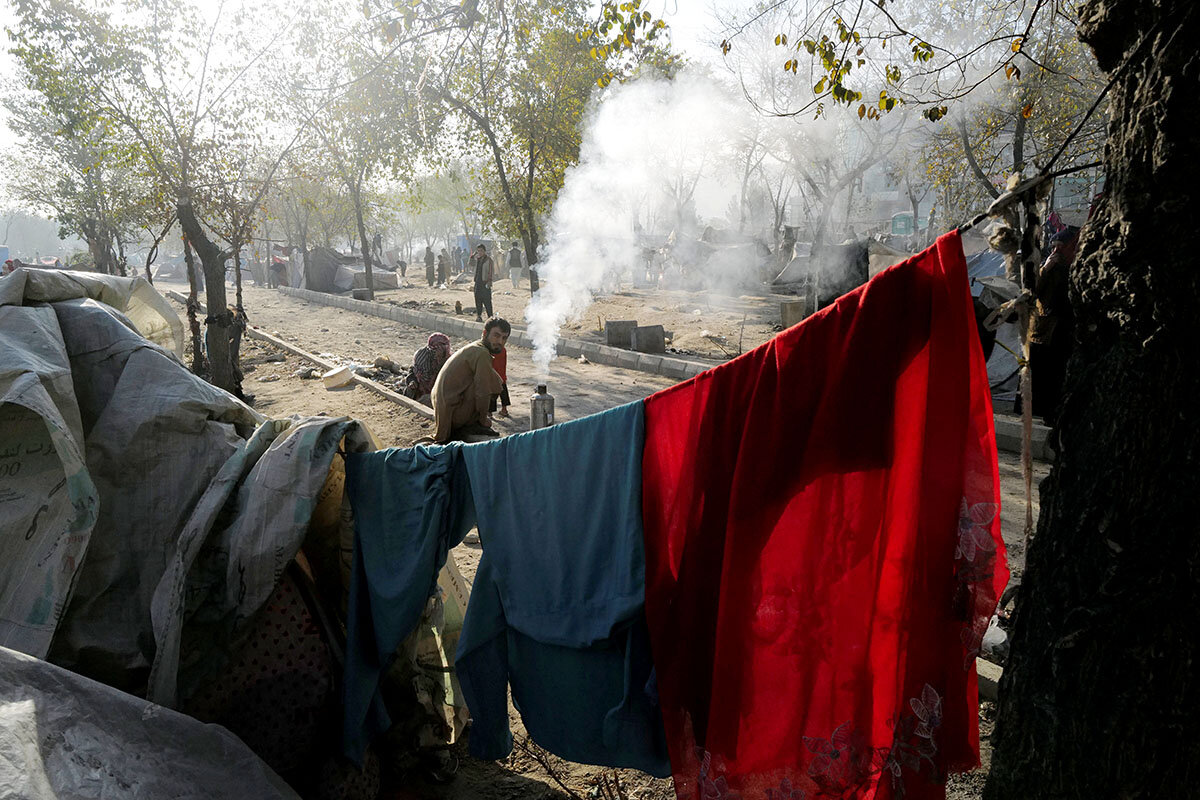Winter is bringing a surge of hardship for Afghans, posing a moral dilemma for foreign aid donors leery of indirectly helping the Taliban. There’s an urgent need to find creative solutions.
Monitor Daily Podcast
- Follow us:
- Apple Podcasts
- Spotify
- RSS Feed
- Download
 Mark Sappenfield
Mark Sappenfield
There’s a lot of talk in journalism circles about what’s called “both sides-ism.” The basic idea is that, in some cases, the journalistic approach of representing both sides equally creates false equivalencies. In other words, it makes things seem equal that aren’t.
This is true. Both sides-ism doesn’t work with the scientific view of climate change, for example, or with claims that the 2020 presidential election was stolen. Facts point decisively to one “side” in both cases.
Yet we’re also seeing the potential slippery slope of that kind of thinking. In many cases, the avoidance of both sides-ism has become “one side-ism,” which can be worse. In one side-ism, it becomes relatively easy to delegitimize other viewpoints with which you do not agree by casting them as immoral or nonfactual when, in fact, the situation is multifaceted.
In today’s issue, several stories stress the importance of a willingness to engage in news with all its nuance. How do you help the people of Afghanistan without propping up the Taliban? What does it mean to be the political party fighting for parents’ rights? What’s the line between a genuine auteur and a sellout?
Our aim is to empower you to think about these questions deeply, highlighting humanity and hope wherever it exists. They are complex questions not prone to one-sided answers, and progress rarely comes from convenient shortcuts.










